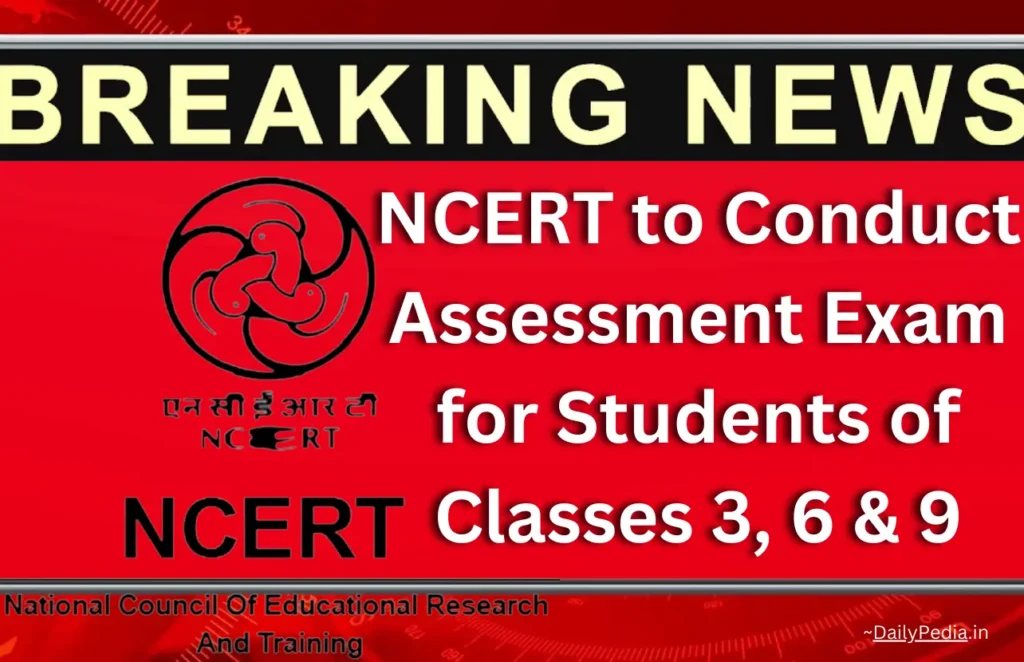The National Council of Educational Research and Training (NCERT) will conduct an assessment exam on November 3 to gauge the language and math proficiency of students studying in Classes 3, 6 and 9. Over 1.12 crore students from 4.8 lakh government and private schools across the country have registered for this exam called PARAKH.

First Time Inclusion of Block-Level Schools
For the academic session 2023-24, NCERT has for the first time included block-level schools in the State Achievement Survey. This is expected to provide more precise results. As per a senior NCERT official, the PARAKH exam is being conducted under the National Education Policy (NEP), 2020.
Exam to Assess Foundational Knowledge
Through PARAKH, basic understanding of language and math among students of Classes 3 and 6 will be gauged. The exam for Class 9 students will reveal how much they are learning in their grade. Based on the exam report, focus on crucial changes in school education will be made since it will highlight the level of understanding developed among students as per their age and grade. During this survey, they can be asked questions about education imparted to them from their current grade up till previous classes.
PARAKH exam is similar to the National Achievement Survey conducted by the Education Ministry but has fewer subjects.
Duration 1 to 1.5 Hours
The Class 3 exam will be of 60 minutes. It will have a total of 40 questions – 20 each from math and language.
Class 6 exam will be of 75 minutes comprising 50 questions in math and language.
Class 9 students will get 90 minutes and have to answer 60 questions in the PARAKH test.
Over 1.12 Crore Students Registered
For Class 3, around 1,38,394 schools and 36,06,573 students have registered.
In Class 6, 1,34,560 schools and 37,89,582 students have enrolled.
Class 9 has seen registrations from 1,35,094 schools and 38,76,681 students.
Pan-India Participation
The NCERT assessment exam will witness participation from students across India including remote areas. Schools situated in tribal, rural and urban areas have also been included within the sample to make it representative of the entire student population.
Monitoring Learning Outcomes
As per experts, PARAKH will help track learning outcomes in core subjects and identify areas of improvement in teaching and learning practices. The feedback will allow stakeholders to take timely corrective measures.
The exam is in sync with NEP 2020 goals of universal access to quality education and emphasis on ‘how much students know’ rather than ‘what they know’. The learning gaps revealed can be addressed by schools through remedial classes or revised teaching strategies.
Share With Your Friends